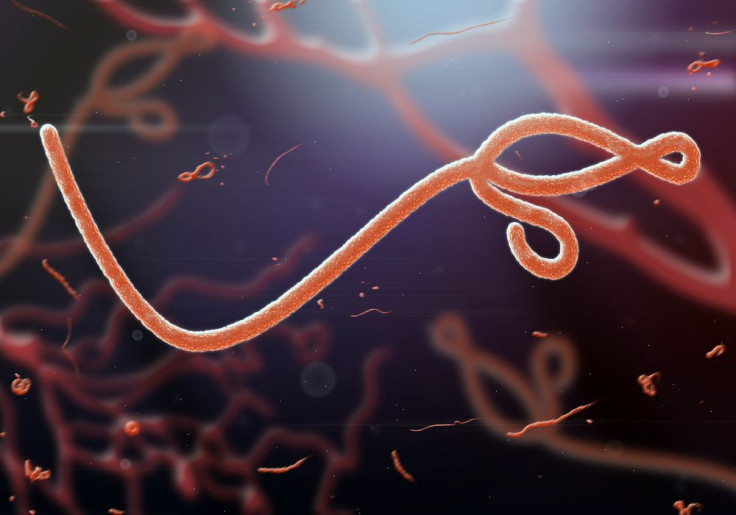Ebola Virus Found In Survivor's Semen 6 Months After Negative Blood Test

Traces of the Ebola virus have been found in the semen of an Ebola survivor six months after being declared virus-free. Doctors are now working to uncover whether or not this is an isolated occurrence, but for the time being health officials are advising all Ebola survivors to either abstain from sex or use condoms until more information is available.
WHO spokesman Tarik Jasarevic told AFP in an email that the man, whose identity has not been disclosed, was declared Ebola-free in September via a negative blood test, but his semen sample tested positive for Ebola 175 days later.
Health officials had been aware that the virus could survive in semen after recovery, but not to this extent. Based on these new findings, the World Health Organization has advised that any Ebola survivors should treat the virus as an STD and take necessary precautions during sexual intercourse until further notice. This contradicts the WHO’s previous advisement that condoms be used up to three months following a negative test result.
As reported by the International Business Times, WHO officials are currently discussing whether regular check-ups of Ebola survivors at three-month intervals may be necessary.
“We need to understand better if this particular case is an anomaly or if there really are groups of people who might (carry) parts of the Ebola virus longer,” Jasarevic added.
Ebola was first recognized as a virus in 1976 during an outbreak in what is now the Republic of Sudan and the Democratic Republic of the Congo. Unfortunately, since this time little is still known about the virus, including exactly how long it can remain in a host once recovery is achieved.
As of now, there is no evidence of Ebola existing in vaginal secretions, but Liberian Assistant Health Minister Tolbert Nyenswah still advises that citizens take precaution with all forms of sexual contact, IBT reported. This current outbreak, which started in late 2013, is the most deadly to ever have been recorded. According to the Centers for Disease Control and Prevention, more than 10,600 people have died and the outbreak is still yet to be officially declared over. A majority of the factors that make the outbreak so difficult to end include its venues of transmission and long-lasting survival. The virus is spread through direct contact with bodily fluids of infected persons but can still survive well past the host's recovery or death.
Bruce Aylward, who heads WHO's Ebola response, told reporters that the WHO continues to investigate.
"We should have answers to allow us to give more definitive advice to survivors very, very quickly," Aylward explained, as reported by AFP.



























